Our past is filled with ghosts.
By which I don’t just mean ghosts of people, whether you believe in literal ghosts or not, but lasting impressions of people, places, and things that are gone from our lives. Ideas of what was and even of who we were at specific times. Humans are fairly complicated beings, made up of a whole jumble of experiences and labels that form our identities. Sometimes straightforward. Sometimes confusing and contradictory.
How we deal with our ghosts can help define who we are now in the present. And of who we want to be in the future. And it serves as part of the framework in this year’s Eisner winner for Best Graphic Memoir.
“I didn’t know how to reconcile the story of my grandma’s past with the ninety-pound specter who shuffled around our house in gray Costco sweatpants.”
Feeding Ghosts by Tessa Hulls is a story of being haunted by the past. Discovering the story of her grandmother, mother, and ultimately herself through the lens of a China under upheaval, colonial Hong Kong, and finally America. Of conflict between competing identities and understandings. And of finding the space between in order to reconcile them.
The southeast Asian idea of hungry ghosts is presented fairly early on in the narrative. As a concept of a person being unfulfilled or leaving things unfinished before passing on. The ghost here being first the spectre of Hulls’ grandmother, Sun Yi, but in a broader sense Hulls’ own identity as an Asian American. Of being in a kind of liminal space that is broached as a complicated Not Chinese enough and Not American enough to be either. And it sets her off to find out the truth of her grandmother’s memoir, of her flight from home in China, and descent into what looks to be paranoid schizophrenia. The trauma that caused it. This ghost of mental illness too then spilling further into Hulls’ relationship with her mother, tracing more history through Hong Kong. And the rather profound, but quite accurate, unveiling of language as a barrier. That even when speaking the same language, perspective and dialect can make it mean very different things.
Hulls presents this story as herself narrating the tale. Of snippets of her grandmother’s book, dialogue between herself and her mother, pieces of various literature that she’s referencing, and some maps. Her art style is a simple cartooning, though there’s a fair amount of detail in her locations and a haunting intricacy to what she calls the ghost twin of her mother. The cold mask being held by darkness. It’s one of the dualities that she works to reconcile through this trip of discovery.
“For all their terrifying power, our ghosts could not carry themselves out of the dark.”
Hulls also picked up the Pulitzer Prize for Memoir or Autobiography for Feeding Ghosts. It’s easy to see why it got the accolades that it did. The work presents a complex mix of travel, self-discovery, and history working through the unique perspectives of three women. Presented in a captivating simple art style. Even with maps and a timeline. It gives a spin on the rise of Communist China and a deep divide on Western and Eastern attitudes on dealing with mental illness.
And hopefully after the act of creation, of discovery, that Hulls’ ghosts are no longer hungry.
Classic Comic Compendium: FEEDING GHOSTS
Feeding Ghosts
Writer & Artist: Tessa Hulls
Publisher: MCD | Farrar, Straus, and Giroux
Release Date: March 6 2024
Read past entries in the Classic Comic Compendium!
Check out other recent review pieces from The Beat!







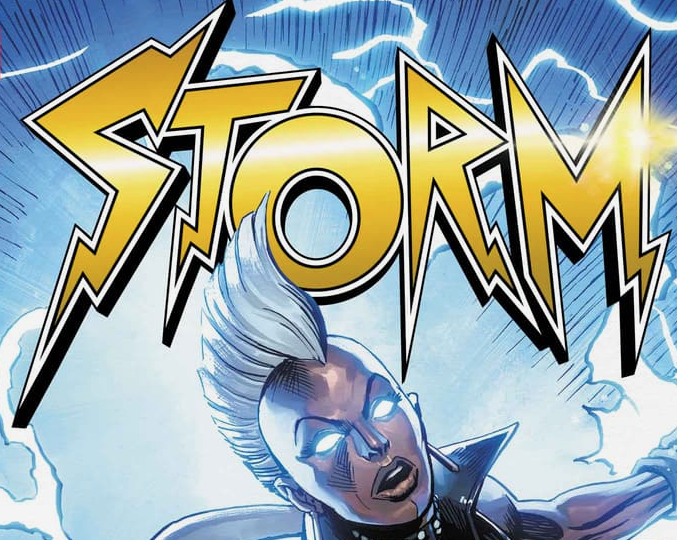
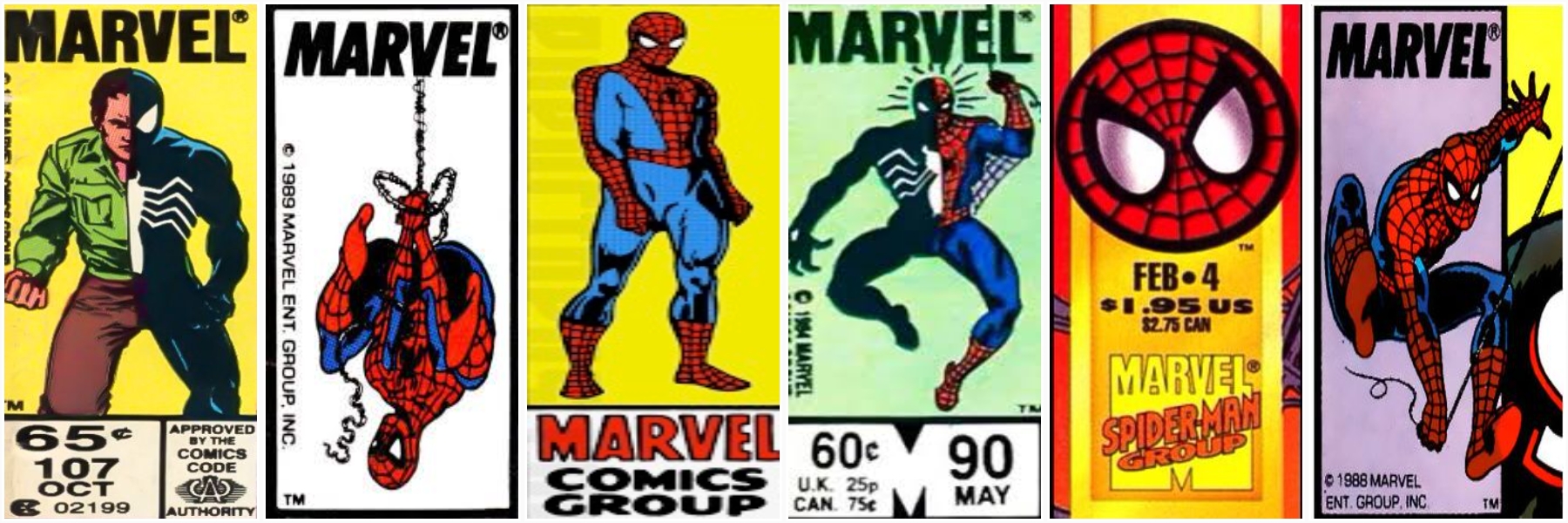

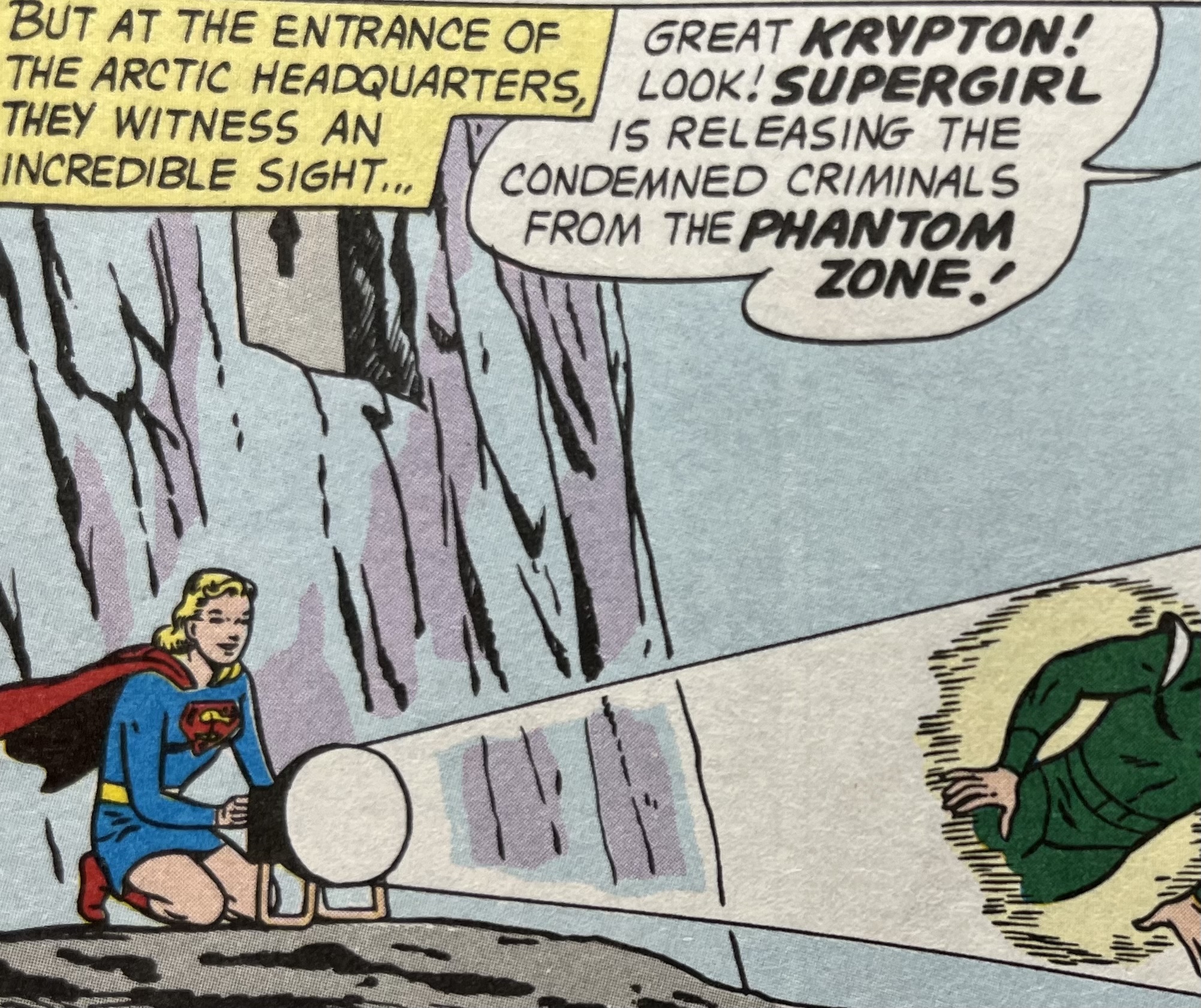
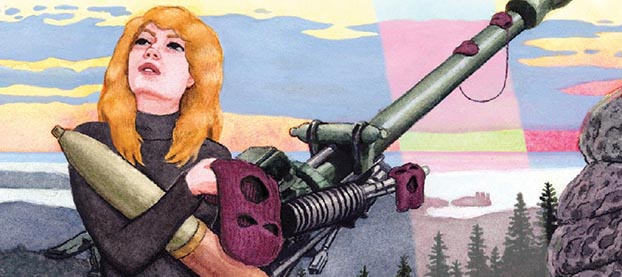
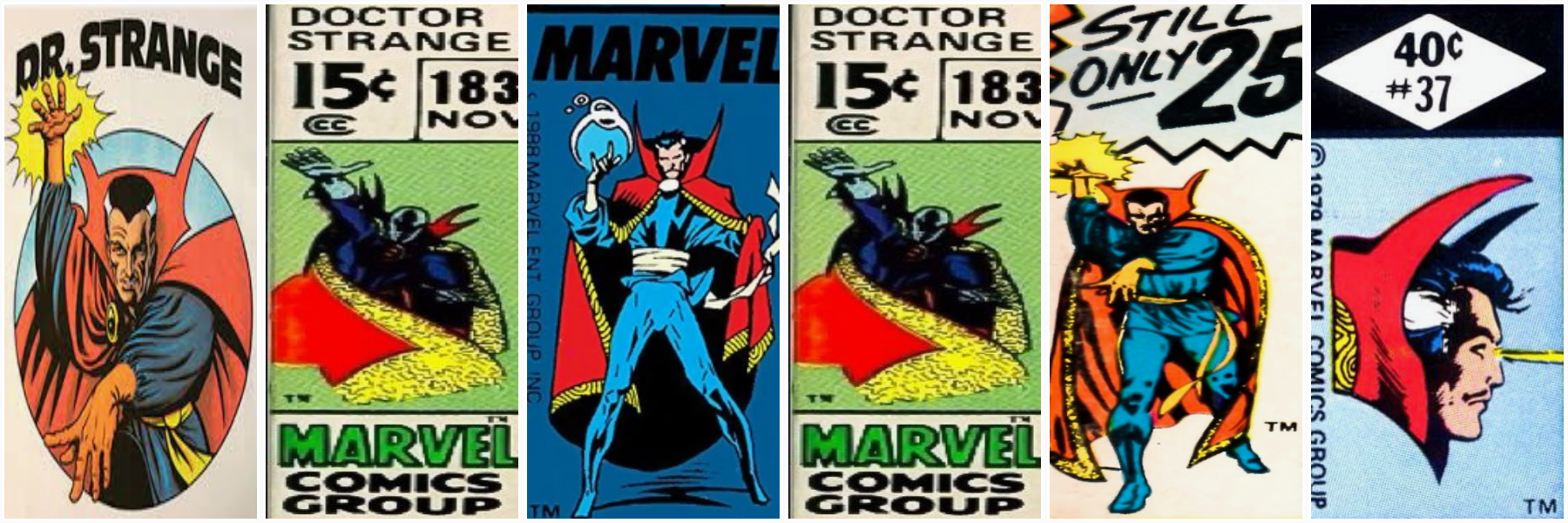





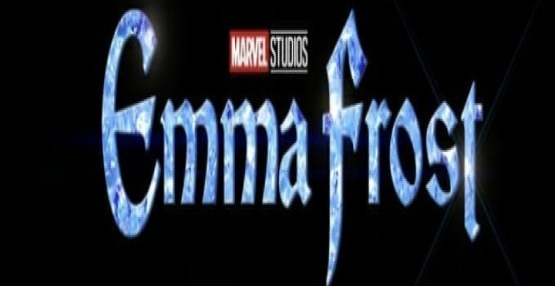

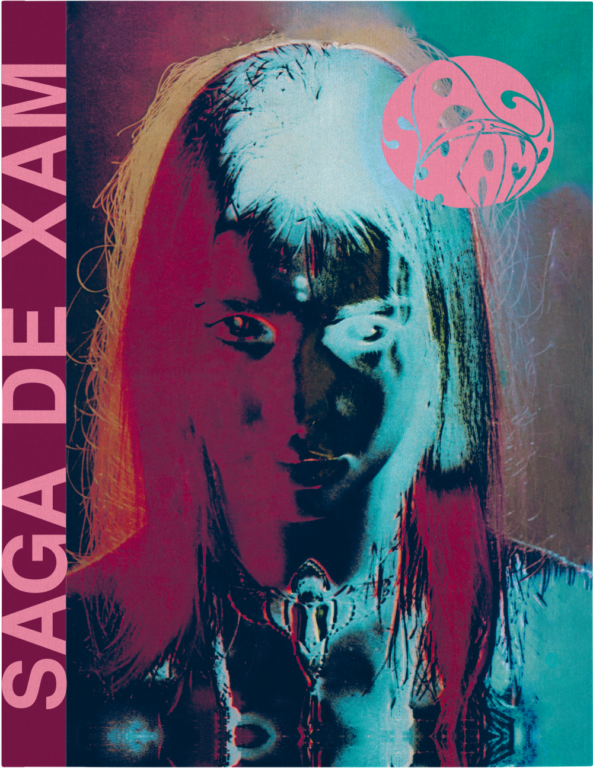

!["Superman" (2025) Brings Heart, High Stakes, and Surprising Twists [SPOILER-FILLED REVIEW]](https://www.supermansupersite.com/Superman_2025_Retro_Poster.jpg)

 English (US) ·
English (US) ·